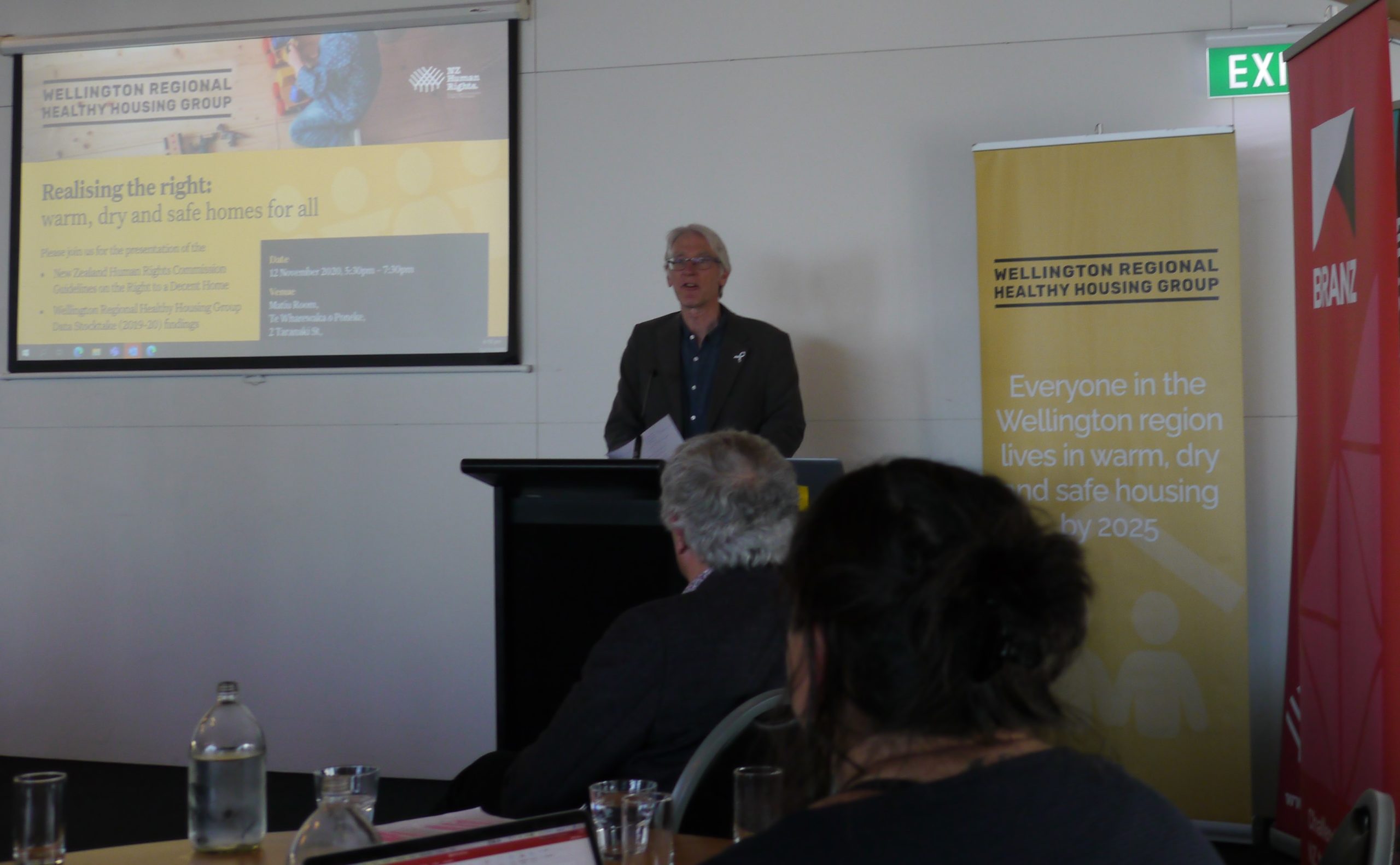
COVID-19 is causing immense disruption to our society and our economy. Many tens of thousands of New Zealand households now face having to survive on a reduced income. At the same time many face increased food costs due to scarcity of low-cost basics and reduced options for minimising spend, and greater energy requirements due to having to stay at home.
Energy hardship is a significant barrier to realising the WRHHG vision that ‘everyone in the Wellington region lives in warm, dry and safe housing by 2025,’ and COVID-19 financial impact has exacerbated this. Whānau are worried about whether they can pay their rent or their mortgage, while keeping their homes warm and keeping food on the table. In addition to whānau reaching out to health and social service providers for support to pay their power bills, WRHHG members are starting to see cases where whānau are in rent arrears of hundreds to thousands of dollars due to the changes in incomes, impacts of the high costs of rentals and the compounding effects of the COVID-19 pandemic.
Research shows that energy hardship is a significant contributing factor to damp, cold homes and correlated high rates of respiratory illness in New Zealand. Although every person will be impacted in some way by the COVID-19 pandemic, the data indicate those at highest risk are people with cardiovascular disease, respiratory disease, older people and people living in deprived areas.[1] Māori and Pasifika ethnic groups are at particular risk – not only because of higher co-morbidities,[2] but also because these populations historically have poorer access to health care services and higher rates of death during pandemics.[3],[4] Mitigating the impact of energy hardship on vulnerable households is critical both as part of the immediate COVID-19 response, and with a view to longer term recovery.
Members of the WRHHG and FinCap applaud the quick and compassionate government response in the COVID-19 Economic Response Package including benefit and Winter Energy Payment increases, and also in measures to protect renters.
To further safeguard whānau health and wellbeing during this period of severe financial restrictions, WRHHG and FinCap support calls for:
1. A mandatory requirement of all energy providers to ensure: no disconnections or service cessation, waiving of penalties and late fees including interest charges, and a pause on debt collection. We suggest that the ‘Australian Energy Regulator Statement of Expectations of energy businesses’, released 27 March 2020, may provide a relevant model for New Zealand Government consideration.[5]
2. Ensuring appropriate government support for industry actors to implement these requirements, through some level of mitigation of the financial impact on the industry, especially small providers.
[1] https://www.bmj.com/content/bmj/368/bmj.m1198.full.pdf
[2] http://bmjopen.bmj.com/lookup/doi/10.1136/bmjopen-2018-021689
[3] https://www.otago.ac.nz/wellington/otago024539.pdf
[4] https://www.tepunahamatatini.ac.nz/2020/04/17/estimated-inequities-in-covid-19-infection-fatality-rates-by-ethnicity-for-aotearoa-new-zealand/
[5] https://www.aer.gov.au/publications/corporate-documents/aer-statement-of-expectations-of-energy-businesses-protecting-consumers-and-the-energy-market-during-covid-19







